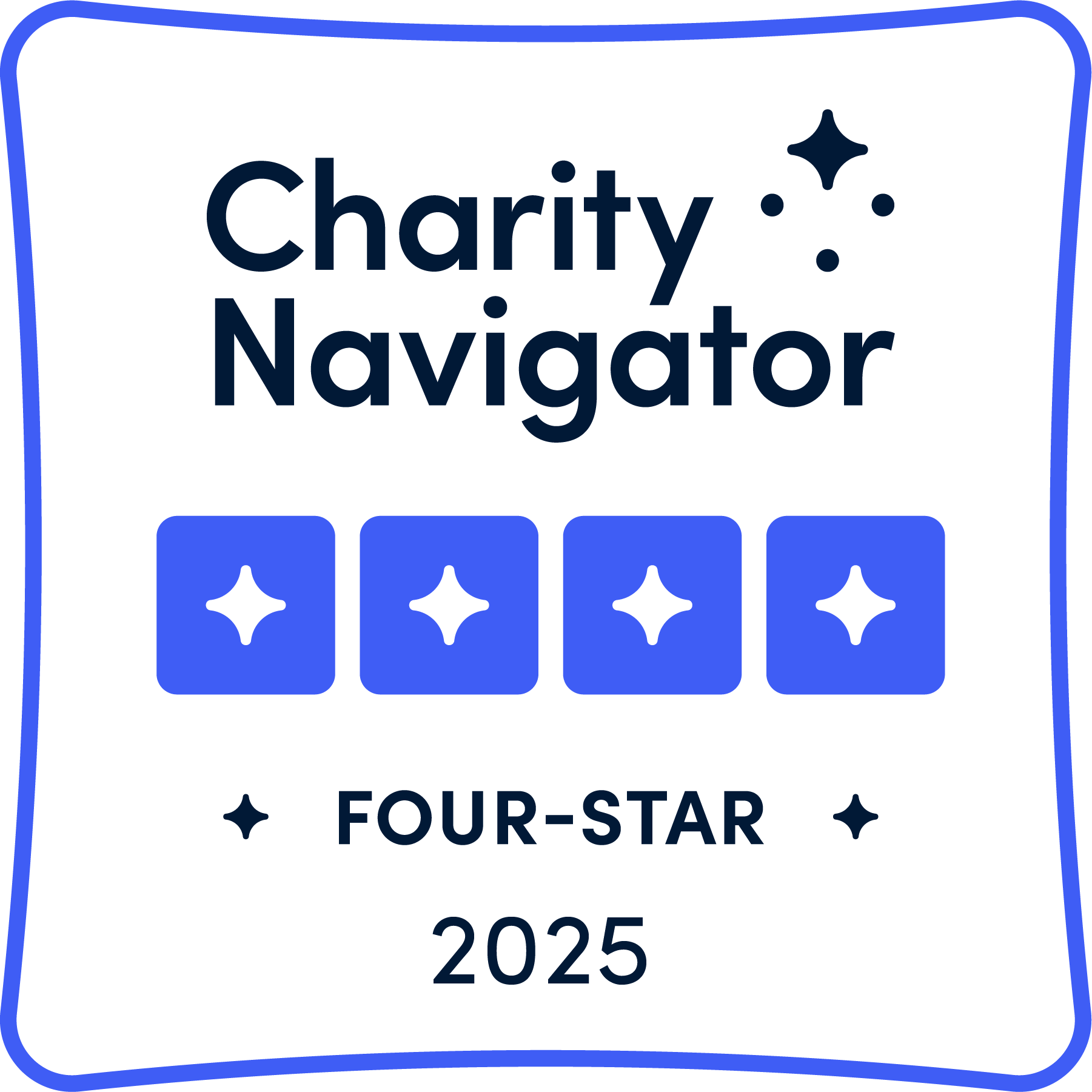Do you remember how overwhelmed you felt during your college admissions process? Then even before you could breathe a sigh of relief after getting accepted into the college of your choice, you had to adjust to new friends, new housing, new classes, being homesick — all while having to make the first of many important decisions on your own. Well, you survived these incredibly daunting and difficult challenges!
Do you remember how overwhelmed you felt during your college admissions process? Then even before you could breathe a sigh of relief after getting accepted into the college of your choice, you had to adjust to new friends, new housing, new classes, being homesick — all while having to make the first of many important decisions on your own. Well, you survived these incredibly daunting and difficult challenges!
Now, you’re about to take on the next great adventure — life after college! In my work life before joining the Tiger Woods Foundation, I served as the global human resources director at Accenture, LLP, a professional services company with over 350,000 employees. Drawing from my experience, I’ll attempt to offer some advice on how to approach the next phase of your journey beyond college.
“I’m looking for a job.”
Focus on these points:
- Schedule: Commit to your job search as you would a college course by devoting specific time every day to this endeavor. Consider allocating 30 minutes to one hour every day on your job search.
- Strategy: Narrow your job search to fields that truly interest you. Your enthusiasm will be reflected in your application materials and interviews, which will improve your chances to get the job.
- Resume: Write a standard resume that includes your relevant skills and experience, and create an updated version tailored for each specific job. Proofread, proofread and proofread your resume. Then have someone else proofread it as well. A recruiter who finds a simple error on your resume may immediately discard it. Develop a list of individuals who can serve as your references, including former employers and college professors.
- Resources: First, use your network of individuals to help you connect directly to companies rather than relying on the normal job portal. Create a list of 10 individuals who you think would be willing to forward your resume to the companies for which they work. Second, utilize your college alumni network database and contact specific individuals who work in the industry or area that interests you. Third, use your college’s career-services center to find job openings.
Avoid these pitfalls:
- Delay: Waiting until the spring of your senior year to begin your job search places you in a tough position. Virtually all companies hire on a specific timetable using job fairs and preset interview dates. Jobs get filled quickly. So start your job search no later than the fall of your senior year.
- Social media: Companies regularly search social media sites as part of their employment review. Consider whether you want questionable pictures or posts to remain.
“I’m about to start work.”
Focus on these points:
- Professionalism: Show up early with proper attire every day. Many companies have adopted a “business casual” dress policy. This is not an invitation for you to test the boundaries of the low end of this policy. Like it or not, the way you dress at work reflects your seriousness and professionalism. Think about how you want others at work to see you and your commitment to excellence. Should you really show up to work wearing torn jeans and a concert T-shirt?
- Engagement: Get to know your co-workers. Every day, adopt a goal of meeting one new person at work and memorize their names! After a few months, consider asking a seasoned manager at the company to serve as your informal mentor if the company doesn’t offer a formal mentor program. Participate in company events, leagues and volunteer opportunities. Become part of the work family.
- Social norms: Recognize that there are generational gaps in the workplace. Don’t naturally assume that you can call everyone at your workplace by his or her first name. Refer to older co-workers (especially your managers) by their last name until they invite you to call them by their first name.
- Timetable: The first six months at your new job are critical. This is the period when your managers are assessing whether they made the right or wrong decision in hiring you!
Avoid these pitfalls:
- Connectivity: Resist the temptation to remain constantly connected with friends and family on your mobile device at work. Nothing says “I’m not a good fit for this company” more than a new hire who is seen texting most of the workday. Put the phone away in your bag and put it on silent mode.
- Social media: Don’t post any sensitive or critical information about your work experience on social media sites, such as Facebook, Instagram and Snapchat.
- Work email: Your work email account is not your personal account. These accounts are monitored with all outgoing/incoming emails saved by the company servers.
- Absences/Vacation: Don’t use days off from work immediately as you become qualified. Be judicious in using time off, especially when you’ve just started with the company.
“I’m considering graduate school.”
Focus on these points:
- Investigate your “fit” for graduate school: Speak with at least three trusted individuals about whether you should pursue graduate school in your field of study. Is law or business school right for you? If yes, which schools should you consider as your top choices?
- Sign up for test-prep programs: Your graduate school application is based in large part on your graduate entrance exam (LSAT for law school, GMAT for business school, MCAT for medical school). These exams are specialized and require months of preparation if you want to score well. So consider both the cost of various programs and whether your schedule permits you to devote the necessary time to these prep courses.
- Choose wisely: The graduate school that you ultimately decide to attend is critical. As such, you should allow yourself opportunities to choose from a number of academic options. So if at all possible, submit applications to at least nine schools (three safety picks, three schools that are 50/50 and three reach schools).
Avoid these pitfalls:
- Don’t overlook the financial costs or options in financing graduate school: Financial aid opportunities are slightly different at the graduate school level. Investigate what financial aid sources exist that may help you offset costs or minimize your debt load. Also, if you are working, check with your current employer to determine if they offer tuition reimbursement, scholarships or any other continuing education support programs.
- Consider evening/weekend graduate courses: Many employers offer tuition reimbursement for employees who sign up for graduate courses that are scheduled at night and on weekends. Working full time and attending an evening graduate program presents a very difficult schedule that will place an intense amount of pressure on your work-life balance. Check on the availability of such tuition-support programs with your employer and then consider whether this option can work for you.
Champions of the unexpected for 20 years.





